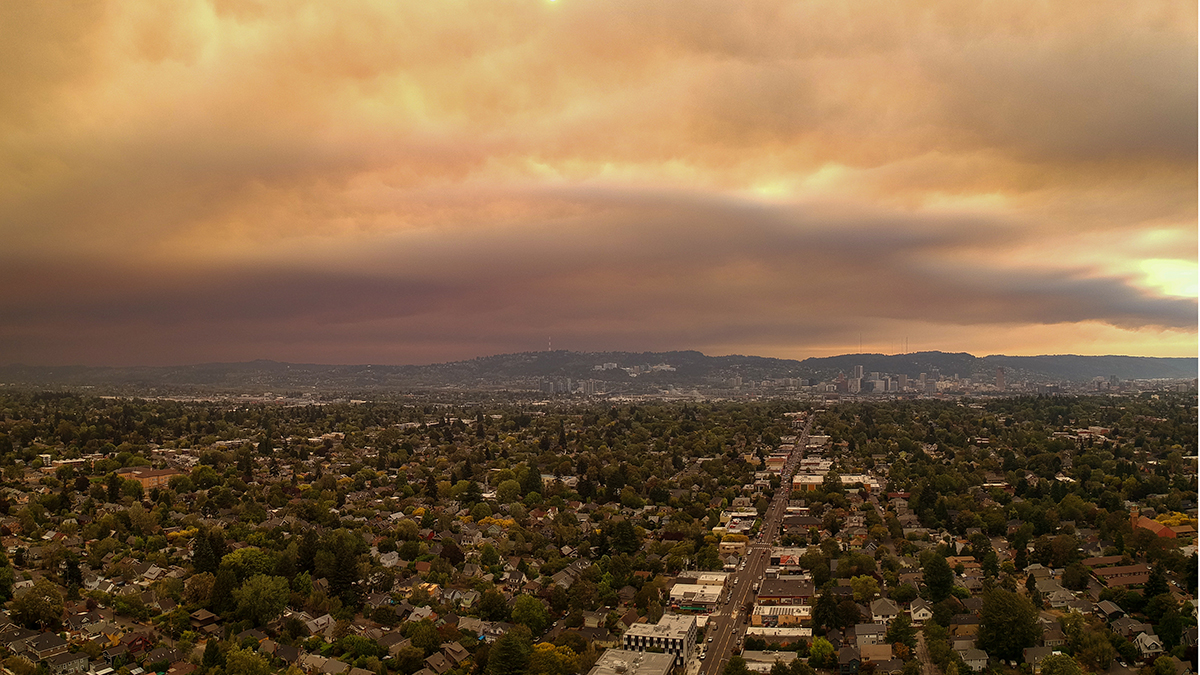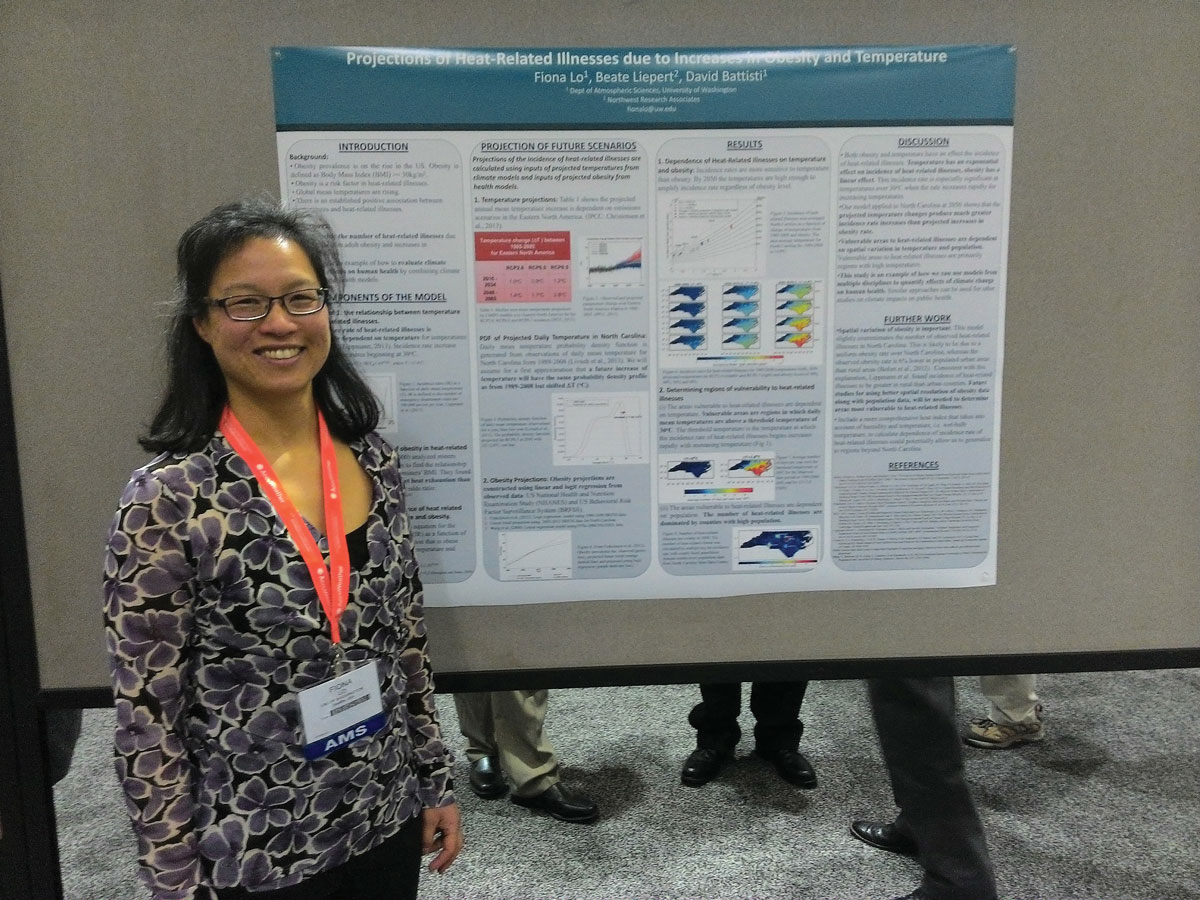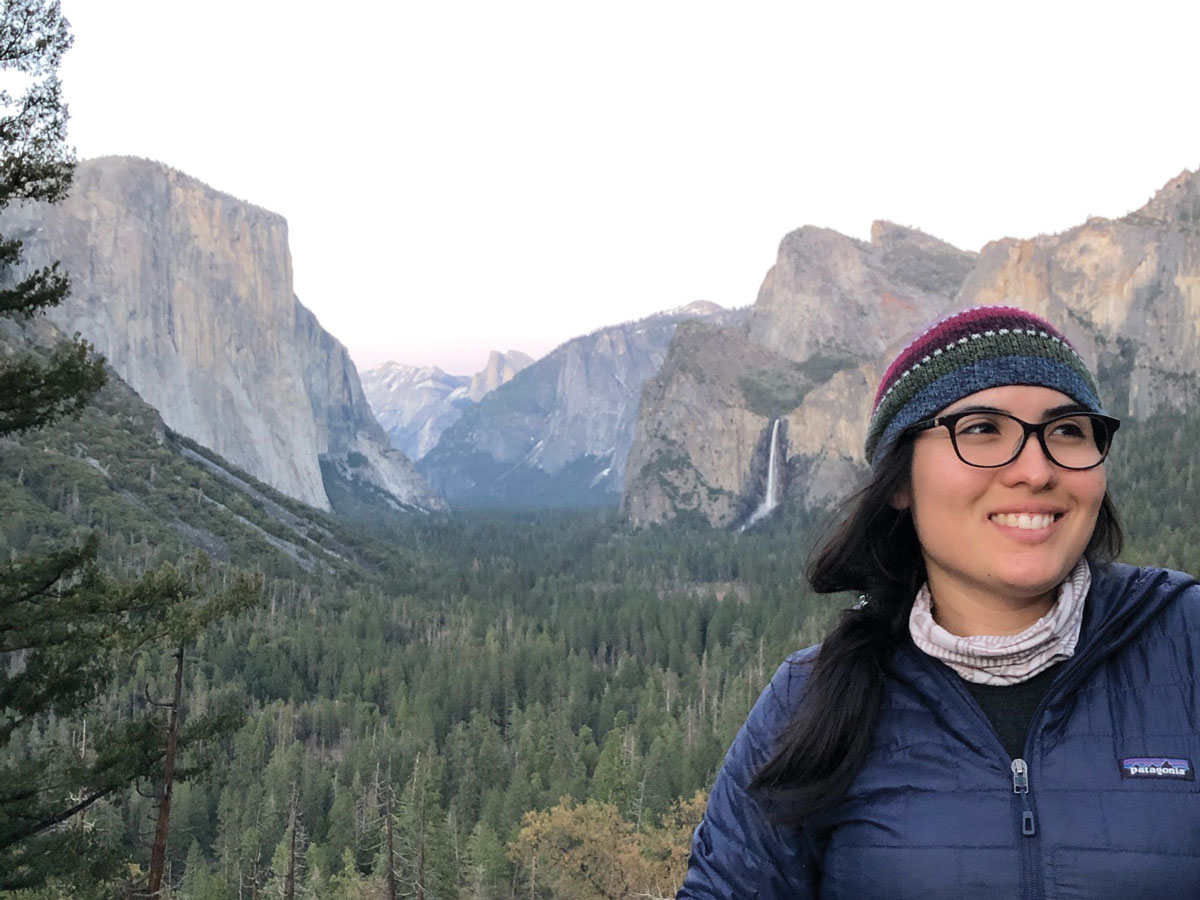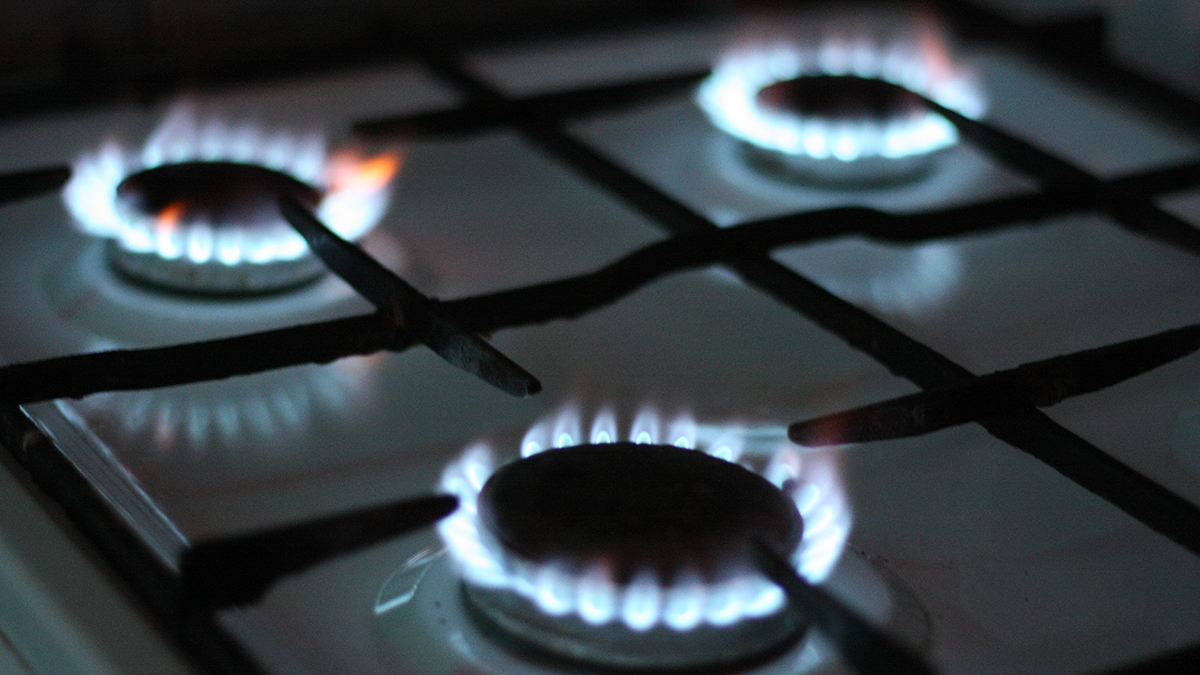Una enfermedad causada por rotavirus podría disminuir a medida que aumenta la temperatura, mientras que las condiciones más húmedas podrían favorecer a algunos competidores bacterianos.
geohealth
El aire nocivo a la salud podría volverse rutinario en el Pacífico Noroeste
Si el mundo continúa utilizando combustibles fósiles, la contaminación por partículas finas derivadas del humo de incendios podría duplicarse de finales de verano a inicios de otoño en el área del Pacífico Noroeste en los EE.UU. para el año 2100.
La minería amenaza a las poblaciones Indígenas aisladas del Amazonas
Un proyecto de ley en el Congreso Brasileño permitiría la expansión minera en territorios Indígenas. Una nueva investigación demuestra cómo esto podría afectar radicalmente a los pueblos aislados.
The Effects of Climate Change on U.S. Suicide Rates
Suicide incidence could increase by up to 1,660 cases annually, depending on how much the climate changes.
Should Inhaled Anesthetics Be Swapped for IVs?
Using intravenous anesthetics instead of volatile ones could help curb greenhouse gas emissions, but there are challenges to making the switch.
Fiona Lo: A “Really Long, Convoluted Path” to Health
Lo uses her background in atmospheric sciences to forecast pollen concentrations.
Jimena Díaz Leiva: Changing Conservation Narratives
Díaz Leiva has been to Peru and beyond as she works on environmental and social justice projects.
Hazardous Air Pollutants Found in Cooking Stove Gas
A Boston study revealed that natural gas piped into homes contained 21 toxins on the EPA’s hazardous air pollutant list.
Living near Fumigant-Using Farms Could Increase Cancer Risk
Analysis of data from 11 western U.S. states found higher cancer rates in people living in areas with elevated gas-based pest control.










